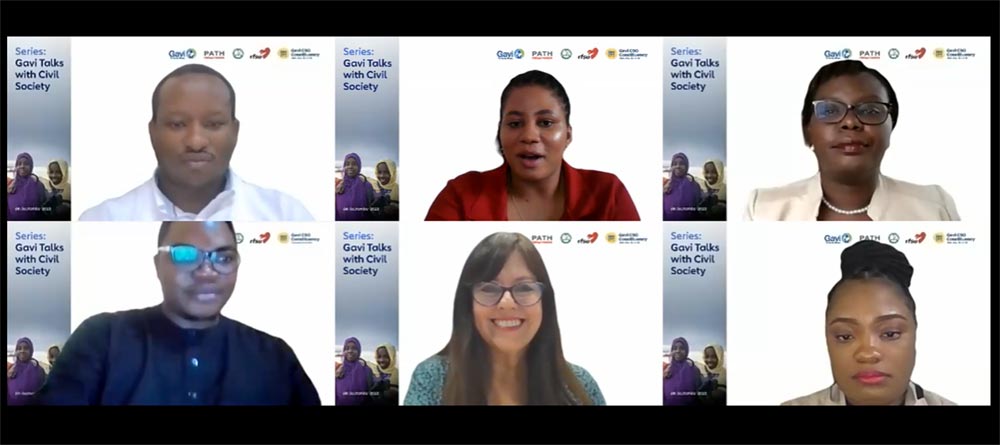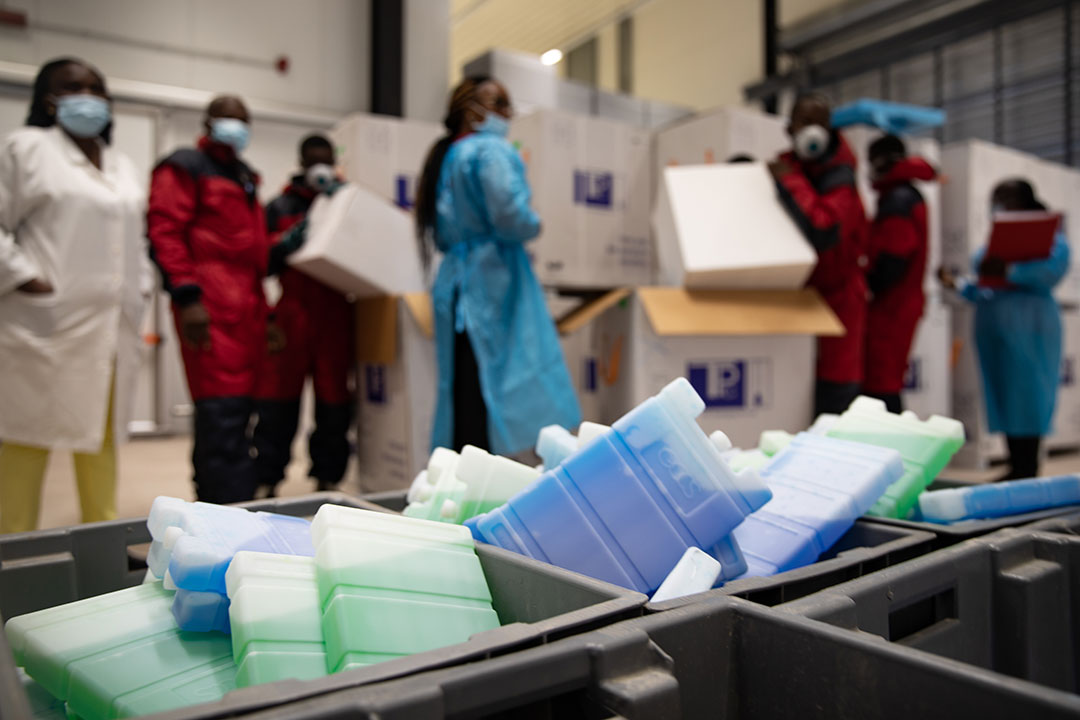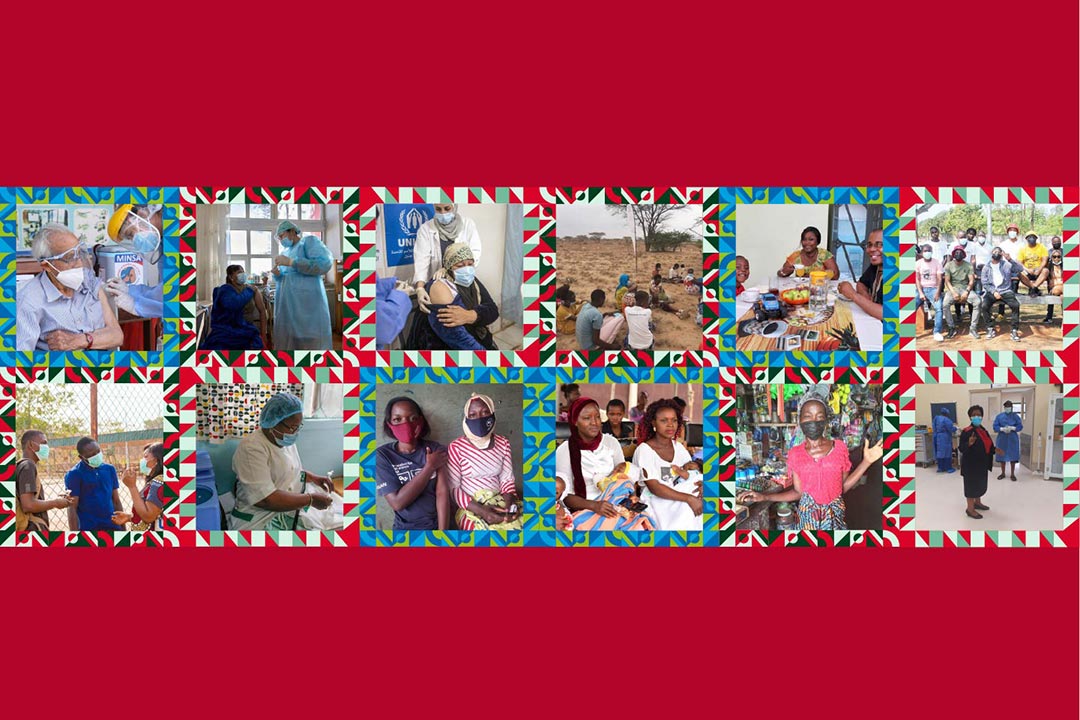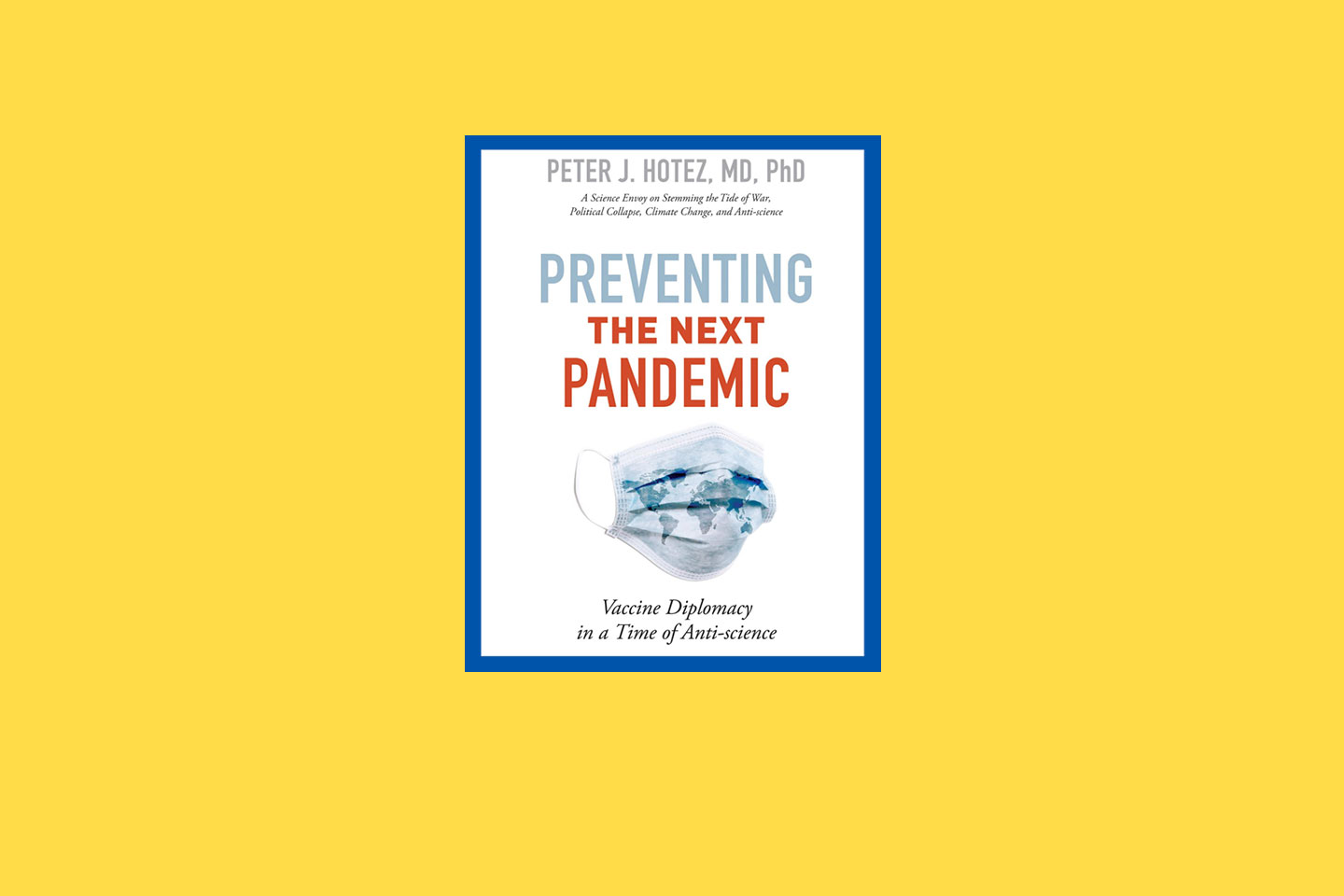Promoting HPV vaccination in high-risk communities: lessons from Liberia, Nigeria and Rwanda
Last month the Gavi CSO Constituency brought together leading experts on HPV vaccination to discuss effective methods of rolling out this lifesaver. VaccinesWork joined them.
- 11 October 2023
- 5 min read
- by Elinore Court

In early September the Gavi CSO Constituency, PATH, the Swedish Association for Sexuality Education (RSFU) and Women Advocates for Vaccine Access (WAVA) gathered experts to discuss the integral role civil society organisations (CSOs) play in ensuring equitable access to the HPV vaccine through gender-responsive and youth-led approaches. Here are some highlights and insights from the panellists.

Dr Hassan Sibomana, EPI Manager, Rwanda Ministry of Health
The Rwandan Government is focused on reaching cervical cancer elimination and is actively working towards the Global Strategy Toward the Elimination of Cervical Cancer Elimination initiative with an increase of HPV vaccination coverage to 90%, twice-lifetime cervical screening to 70% and treatment of pre-invasive lesions and invasive cancer to 90%.
"When you have support from leadership, there is immediately a good response from the population."
– Dr Hassan Sibomana, EPI Manager, Rwanda Ministry of Health
"Social mobilisation and trying to understand the worries from our population was key," said Dr Sibomana, who leads Rwanda's vaccination efforts. "It was a difficult challenge, but we have been able to achieve global success through good support from leadership. The guest of honour at the HPV vaccine introduction was the First Lady and we had many ministers attend, so it was a very big event. When you have support from leadership, there is immediately a good response from the population."
In terms of CSO engagement, Dr Hassan spoke about the benefit of working with Girl Effect, which has an office in Kigali. "Girl Effect supported Rwanda in terms of ensuring a very high vaccination coverage in schools through a magazine that always had a page dedicated to the HPV vaccination campaign. They also had a very good radio programme for adolescent girls, which discussed the issue of cervical cancer, but also raised awareness that the HPV vaccine is the solution."
Joyce Kilikpo, Executive Director, Public Health Initiative Liberia
"CSOs are an integral part of society. It is important to have civil society engaged from the very beginning, not as a tag-along or some sort of tokenism, but to meaningfully engage them and integrate them into health programmes."
Have you read?
"If we want to ensure that services are gender-responsive, it would take civil society to monitor, to bring out the unseen – the ones that are not being reported – and identify these communities to monitor and ensure services are actually equitable."
"Another essential part is true, committed engagement. You need to have access to communities to break down social taboos about vaccines, for example, the myth that the HPV vaccine causes infertility. You have to speak to these women, because no matter what, they are the ones who are going to take their girls for the vaccine."
Samuel Adeyinka, Save the Slum Initiative, Nigeria
"We've been using different kinds of approaches, especially social and traditional media. We went on air on the radio to talk about HPV and had people to call in and have a discussion. We've also been doing a lot of community engagement, talking to community stakeholders, and credible voices in those communities, especially leaders, to encourage high vaccine uptake.
"We're trying as much as possible to also engage schools, especially targeting clubs where they could talk about HPV vaccination, support each other and discuss the misinformation around it.
"We have also seen the importance of including mothers. Their guidance is imperative because of consent. We need them to be able to say, 'okay, I want to take my children to be able to be vaccinated.'"
Anamaria Bejar, Gavi Director of Public Policy Engagement
"Cervical cancer is an urgent global challenge. It causes more than 342,000 deaths per year, with 90% of women dying from it in low- and middle-income countries. The HPV vaccine is the most effective vaccine, with an average success of 92% in preventing cervical cancer, but its accessibility remains limited for millions worldwide.
"CSOs are an integral part of society. It is important to have civil society engaged from the very beginning, not as a tag-along or some sort of tokenism, but to meaningfully engage them and integrate them into health programmes."
– Joyce Kilikpo, Executive Director, Public Health Initiative Liberia
"CSOs, with their community-based approaches and grassroots connections have the potential to bridge the gap between healthcare systems and the communities they serve. They can foster trust, dispel myths, and support communities to empower and take ownership of their health. Their engagement is pivotal in ensuring that no one is left behind in the pursuit of health for all.
"Together, we can work towards a world where every adolescent – regardless of gender or background – has access to the HPV vaccine and the promise of a healthier, brighter future, free from cervical cancer."
Goodness Tennyson Hadley, Women Advocates for Vaccine Access
"I like to think of CSOs as bridges connecting the government health programming to those very far and hard-to-reach areas and populations. Considering the eligible group for this HPV vaccine, it is crucial to acknowledge the significant role that youth-led organisations play in engaging communities."
Rachel Ndirangu, PATH Nigeria
"One of the things that has come out very clearly is the need to bring all the stakeholders on board from the beginning. It was also pleasing to hear the emphasis on government support, as government funding alleviates a lot of barriers for the civil society organisations.
"Another thing that stood out was the role of civil society organisations in leveraging the trust with the extensive network that they have. This ramps up social mobilisation to reduce vaccine hesitancy within the community.
"We cannot ignore the comments of so many girls being out of school. CSOs in Rwanda have done a great job in keeping the girls in school, but the majority are still out of school. As we have said, we need to continue targeted interventions to them, using communities."
N.B. Some quotes have been edited for clarity.








